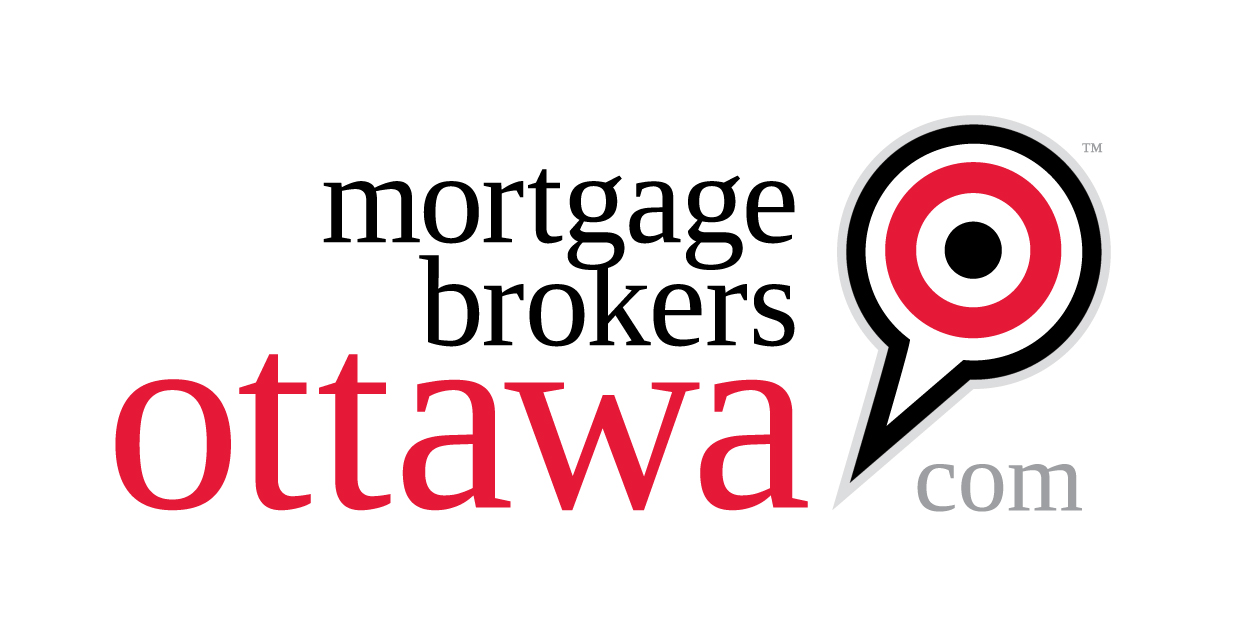Unveiling the Canadian Mortgage Charter
Unveiling the Canadian Mortgage Charter
Date Posted: December 13, 2023

The Canadian government recently introduced the Canadian Mortgage Charter to address challenges faced by struggling mortgage borrowers. However, the response from industry experts has been largely critical, with some dismissing it as "nonsense" and "political theatre."
The Canadian Mortgage Charter
Canadians can expect banks to:
- Allow temporary extensions of the amortization period for mortgage holders at risk.
- Waive fees and costs that would have otherwise been charged for mortgage relief measures.
- Exempt insured mortgage holders from re-qualifying under the stress test when switching lenders at the time of a mortgage renewal.
- Require banks to reach out to homeowners four to six months in advance of their mortgage renewal to inform them of affordability options.
- Allow borrowers to make lump sum payments to avoid negative amortization or sell their principal residence without incurring prepayment penalties.
- Waive interest on interest when mortgage relief measures result in mortgage payments that fail to cover interest payments on a loan.
Critics argue that the charter doesn't bring much new to the table, merely repackaging existing measures. The Mortgage Professionals Canada association stated that the charter mostly codifies pre-existing measures to protect mortgage holders facing financial pressure due to higher rates.
To address misconceptions, there were no changes to the mortgage stress test for insured or uninsured mortgages. The confusion arose from the inclusion of a provision stating that insured mortgage holders wouldn't need to re-qualify when switching lenders, a practice already in place.
The difficulty the industry faces with the Mortgage Charter is that it has no legal backing; it's a set of recommendations rather than enforceable regulations. Critics argue that its voluntary nature, with no requirement for big banks to participate, in turn, limiting its effectiveness.
Criticism extends to specific principles, such as the idea that lenders could waive prepayment penalties, seen by some as unlikely given contractual obligations. The guideline advising lenders to contact borrowers 4-6 months before renewal is also criticized as many lenders already follow this practice.
Moreover, the lack of a clear definition for "vulnerable borrower" raises concerns. While the charter aims to set standards for how lenders assist such borrowers, the absence of a specific definition leaves room for interpretation.
In summary, industry experts view the Canadian Mortgage Charter skeptically, considering it more symbolic than impactful. They highlight existing industry practices and question the charter's voluntary nature and lack of legal backing, expressing doubts about its effectiveness in addressing mortgage-related challenges.
If you are experiencing any problems with your mortgage, remember to contact your broker to discuss your options.
